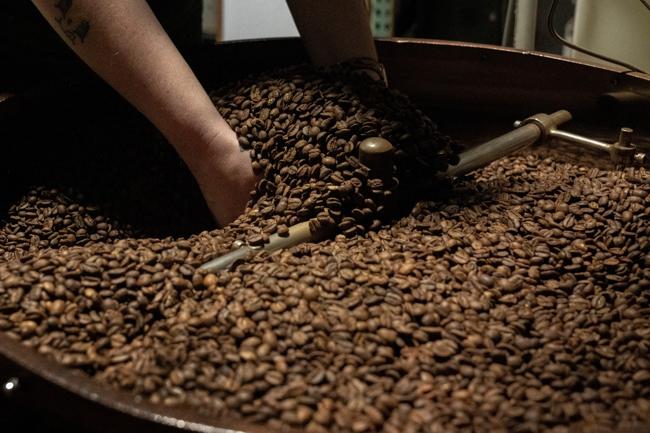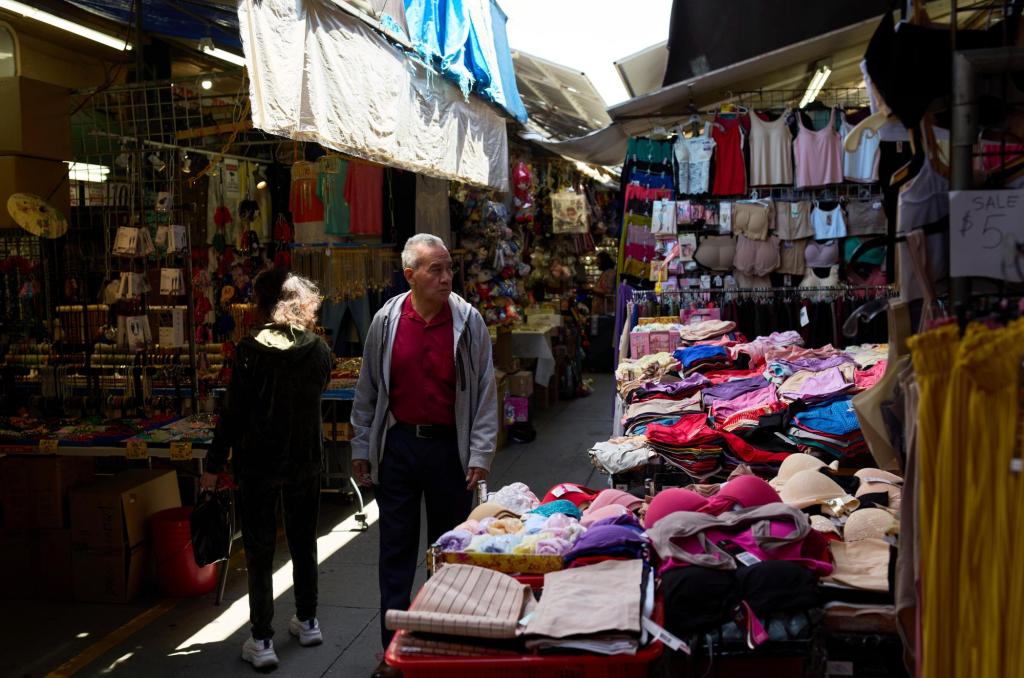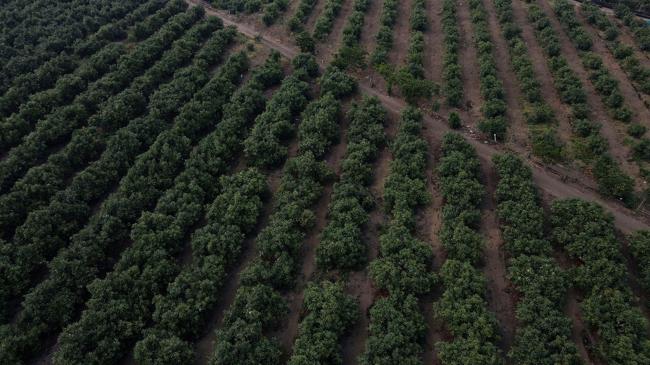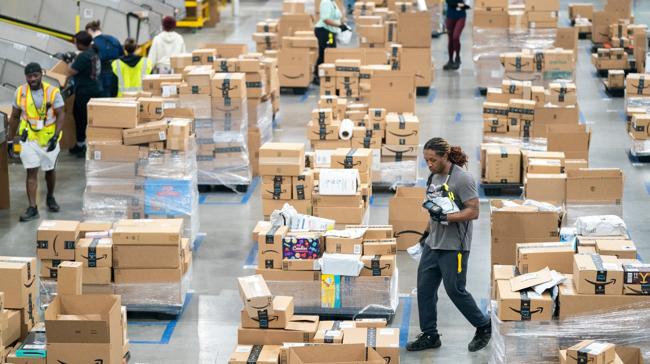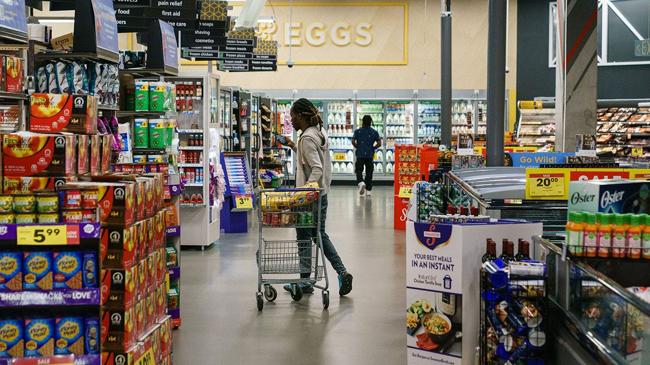Summary
Some of the recent rise in coffee prices may be from importers buying extra in anticipation of the tariffs. Coln believes prices will go still higher as import taxes begin being paid. And with consumer confidence hitting a 12-year low, Coln could see a decrease in demand for her premium coffee.
Source: Syracuse.com

AI News Q&A (Free Content)
Q1: How do tariffs impact coffee prices and what are the implications for consumers?
A1: Tariffs can significantly impact coffee prices by increasing the cost of imported goods. This, in turn, may lead to higher retail prices for consumers. As tariffs are imposed on coffee imports, the additional costs are often passed down the supply chain, ultimately affecting the price consumers pay at their local coffee shops or grocery stores. The implications for consumers include potential reductions in coffee consumption due to higher prices and a shift in demand towards alternative beverages or cheaper coffee options.
Q2: What are the potential economic effects of the U.S. 'Discounted Reciprocal Tariff' structure on major coffee exporting countries?
A2: The U.S. 'Discounted Reciprocal Tariff' structure could lead to significant economic effects on major coffee exporting countries by inducing substitution effects in U.S. import demand. Countries facing higher tariffs may see reduced exports to the U.S., while countries with lower tariffs could benefit from increased demand. This could disrupt trade flows and affect the economic stability of coffee-producing nations, potentially leading to shifts in global coffee production and trade dynamics.
Q3: How have exporters reacted to increased tariffs in the past, and can these strategies be applied to the coffee industry?
A3: Exporters have historically reacted to increased tariffs by substituting products from tariff-affected countries with those from countries not subject to tariffs. In the case of the coffee industry, similar strategies could involve sourcing coffee from regions with lower tariffs or developing new blends that use tariff-free ingredients. This adaptive approach helps exporters maintain their market presence despite tariff hikes.
Q4: What are the potential impacts of tariffs on the global trade network and consumer welfare?
A4: Tariffs can alter the global trade network by diverting trade flows and exposing domestic firms to increased foreign competition. This disruption can lead to reduced consumer welfare, as tariffs may result in higher prices and limited product availability. The imposition of tariffs can also harm the economy of the country imposing them by reducing trade volume and economic efficiency.
Q5: What are the health impacts associated with coffee consumption, and how do they relate to current coffee pricing trends?
A5: Coffee consumption has been linked to both positive and negative health impacts. On one hand, moderate coffee intake is associated with reduced risks of certain diseases, such as Parkinson's and Alzheimer's. On the other hand, excessive consumption can lead to negative health effects, including anxiety and disrupted sleep. As coffee prices rise, consumers may adjust their consumption habits, which could influence their overall health outcomes.
Q6: What recent developments in trade policy have contributed to rising coffee prices?
A6: Recent trade policy developments, such as the imposition of new tariffs on coffee imports, have significantly contributed to rising coffee prices. These policies are part of broader trade strategies that aim to protect domestic industries but often lead to higher consumer prices. The ongoing trade tensions and the reciprocal nature of tariffs between major economies have further exacerbated the situation.
Q7: How does consumer confidence affect demand for premium coffee, and what are the potential consequences of current economic trends?
A7: Consumer confidence plays a crucial role in determining demand for premium coffee. When consumer confidence is low, as it is currently, individuals may cut back on discretionary spending, which includes premium coffee products. This can lead to reduced sales for premium coffee brands and may force them to adjust pricing strategies or explore new markets to maintain profitability.
References:
- Tariffs in the second Trump administration
- Brewing Discontent: How U.S. Reciprocal Tariffs on Coffee Could Echo the Boston Tea Party
- How exporters neutralized an increase in tariffs
- Network Effects of Tariffs
- Impact of Impaired Fasting Glucose on Musculoskeletal Pain Among Female-Dominated Healthcare Workers

